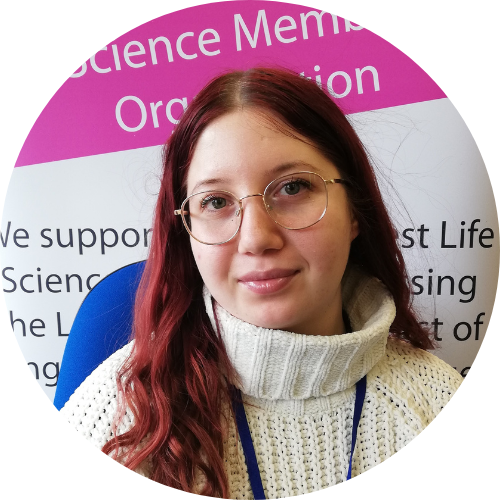
By Monalisa Breazu, Learning & Development Administrator
In the life sciences sector, we talk a lot about innovation, regulation, and breakthroughs, but how often do we stop to think about how well the entire organisation understands the journey from lab bench to market launch?
For those in scientific roles, the stages of drug development are often familiar territory, That said, knowledge gaps can still exist between the Research and Development stages even within the same organisation. In an era of increasingly multi-disciplinary approaches to R&D. team cohesion can be an even bigger challenge.
For employees in scientific roles, such as legal, HR, finance, IT, business development, and administration, the process can seem like a black box. That knowledge gap can become a real barrier to efficiency, communication, staff retention and even motivation.
That’s why targeted training is no longer a “nice to have”; it’s an essential part of building informed, agile, engaged and productive teams with lower turnover and hence less recruitment and training costs looking forward. If you’re looking for a practical and impactful way to close that gap, the One Nucleus Introduction to Drug Development – From Candidate Selection to Patients in Healthcare course is a perfect place to start.
👉Explore the course here.
Why This Course Stands Out
This one-day course is designed specifically for professionals without a background in drug development, offering a clear and accessible overview of how new medicines are discovered, developed, and approved.
Participants come away with:
- A solid understanding of each stage of drug development, from preclinical research to regulatory approval
- Insight into the timelines, risks, and costs involved in bringing a drug to market
- Awareness of how their own role contributes to the broader process
- The confidence to engage more meaningfully in cross-functional collaboration.
In short, it helps bridge the gap between departments, aligns internal communication, and cultivates a company-wide sense of purpose.
Connecting Knowledge to Future-Ready Skills
This kind of cross-disciplinary training directly supports broader workforce strategies across the life sciences sector. As highlighted in one of our recent blogs, “How Should Future Skills Strategies Be Shaped?”, the future of the industry will depend on teams that are not only technically capable but also highly adaptable, curious, and collaborative.
We’re seeing a growing emphasis on:
- Upskilling and reskilling across functions
- Breaking down barriers to encourage more integrated ways of working
- Equipping non-scientific staff with the industry context they need to perform at their best.
Courses like this are a practical, efficient way to turn those strategic goals into reality.
A Stronger, Smarter Workforce Starts with Training
If you want your team to feel connected to the mission of your organisation, whether that’s developing new treatments, supporting research, or accelerating commercialisation, then an understanding of how the industry works is key and doesn’t have to mean years of study or technical training.
Sometimes, one well-designed, well-delivered day of learning is all it takes to transform how someone approaches their work and feels a motivated sense of belonging to the organisation.
If you’re serious about building a future-ready team that understands the journey behind the business, take a look at what this course can offer.
👉View course details and register.
Training isn’t just about ticking boxes; it’s about unlocking potential across every level of your organisation.